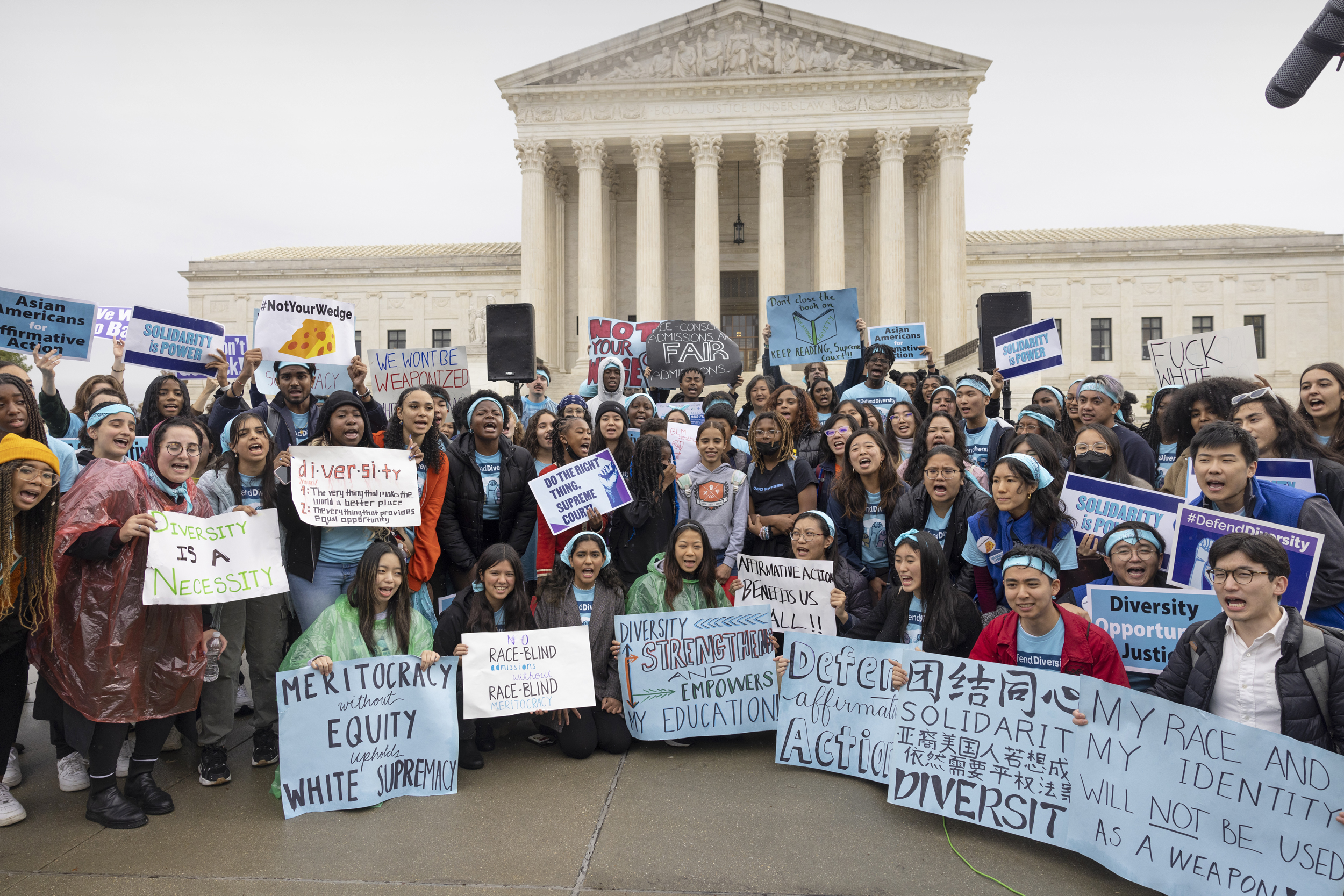By Rochelle Ford, President of Dillard University
It has been nearly one week since the U.S. Supreme Court’s rulings to end affirmative action and cancel the student loan debt forgiveness program. The eerie symphony of 62 years of progress being undone has us still reeling across this country.
Yet, the consistent light remains Historically Black Colleges and Universities that were founded before affirmative action became a legal possibility and will continue to provide inclusive access despite the winds of the Supreme Court.
Dillard University, Louisiana’s oldest HBCU, remains committed and steadfast in providing access to those impacted by societal barriers. We were founded 153 years ago for the sole purpose of educating Black Americans. We, along with our HBCU brothers and sisters, are steadfast in our commitment to elevate Black Americans through a high-quality education that cultivates leaders who live ethically, think and communicate precisely and act courageously to make the world a better place. Our students, faculty and staff reflect this nation.
The demonstrated return on investment from attending and financially supporting HBCUs is great.
During Reconstruction, Jim Crow and segregation and despite systemic underfunding, HBCUs disproportionately have produced Black professionals doctors, lawyers and doctoral degree earners. Dillard is home to the first accredited nursing program in Louisiana, Louisiana’s first Black governor (P.B.S. Pinchback), first Black Ivy League president, president of Disney Branded Television and more.
The secret sauce: A culture of belonging, an expectation of excellence, nurturing environments filled with tough love with a bit of grace and a reaffirmation of racial identity as wonderful and good.
Yes, while the Supreme Court may have hurt other institutions’ forward momentum, HBCUs and Dillard in particular have doubled down efforts to remain inclusive and proactively tell our story of upward social and economic mobility.
Diversity within Black America exists at HBCUs, and we reaffirm our commitment to access. We need others to join us in this commitment, particularly investing in scholarships, paid internships and paid fellowships and flexible work opportunities so students can reduce their reliance on loans. We need equitable pay for graduates to make it easier to pay off loans.
Do not allow the Supreme Court’s recent decisions to set a precedent and threaten to erase progress in the higher education landscape.
Right now is the time to urge the entire higher education sector to double down on its commitment to creating inclusive environments and work creatively to ensure that college campuses reflect the diversity in the U.S.
When the Biden administration announced they would forgive student debt, we immediately informed our alums. We provided all the information they needed to guide them through the process. At Dillard, 70% of our students are Pell Grant eligible. Students on our campus and campuses across this country are taking out loans to go to school and provide a viable future for themselves.
Blacks make less than their White peers regardless of whether they go to college. We were prepared for this forgiveness program to go through, but now we must finance the future. Forty percent of our students are first-generation, and we must create a plan to ensure that our students, their families and HBCU alums have a plan to attend college, pay off debt and have a bright future.
We have to make sure we invest, and we need the government, the private sector, and employers to invest in our students, ensuring their right to an accessible education. Whether through scholarship opportunities or hiring Black and minority students, everyone must step up.
HBCUs were created for us to affirm ourselves. We were here after slavery, during segregation, and Jim Crow and we are here now. HBCUs built the Black middle class and produced most of the nation’s Black doctors, lawyers, and nurses.
The Supreme Court seeks to undermine six decades of progress in the higher education space, but HBCUs were here from the beginning and will be here long after. This isn’t the end of our story; this is just the beginning.

